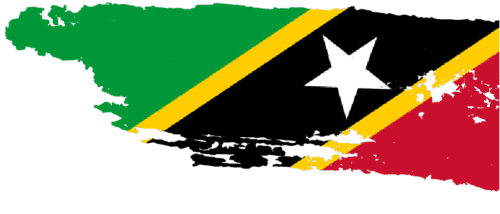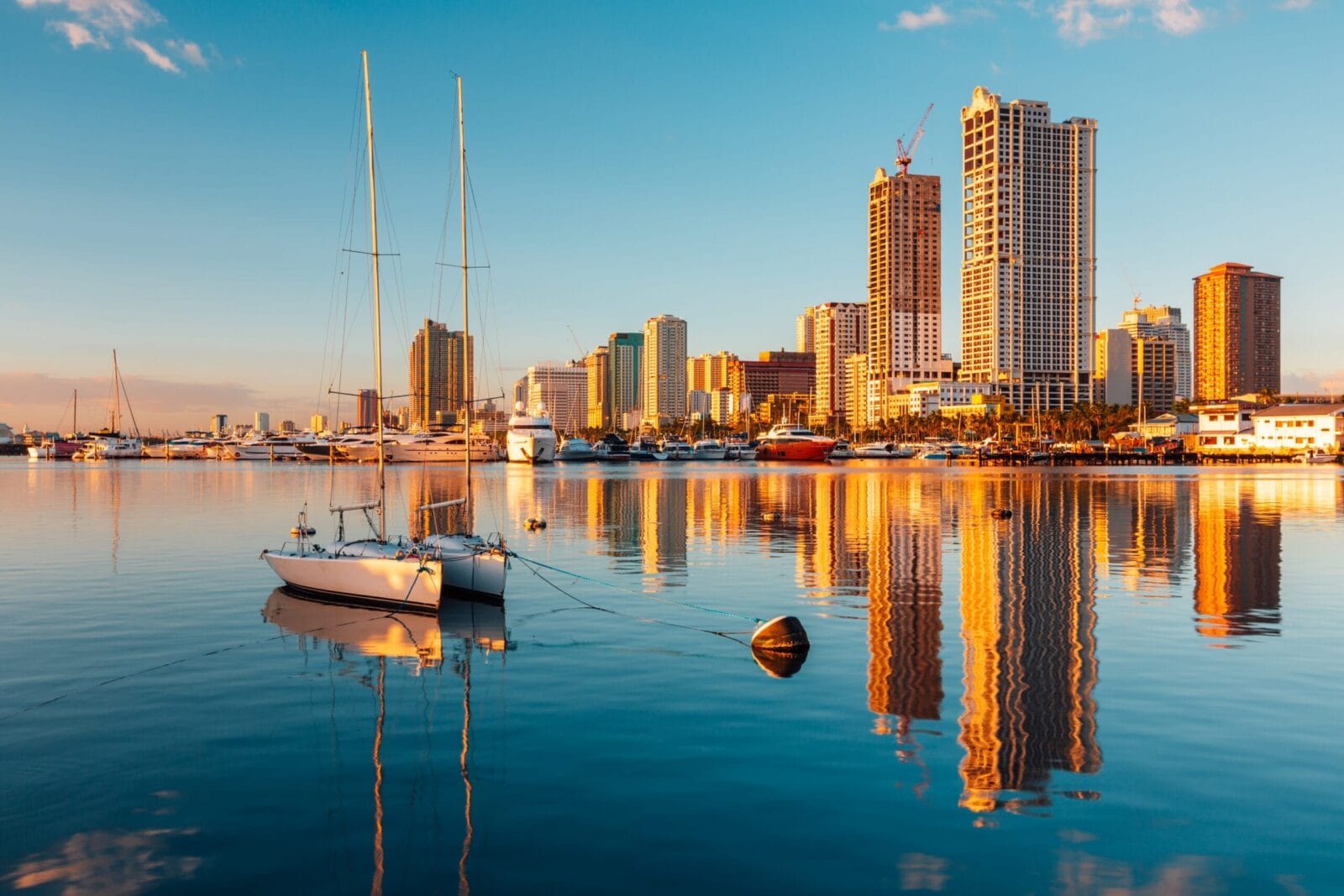Why Does Citizenship Matter More Than Ever Today?
Why does citizenship matter today more than ever? This is a question we are asked all the time at Passport Legacy, and the simple answer is this: citizenship defines a person’s mobility options, their career opportunities, their long-term security, potential for globalization, and so much more. As the world becomes increasingly interconnected—and at the same time more politically and economically fragmented—citizenship has become a powerful personal and strategic asset.
Today, citizenship directly affects:
- Where you can travel without a visa
- Where you can live, work, and build a business
- How you protect your wealth and plan your taxes
- How you safeguard your family’s future through education and healthcare
In a world of uncertainty, citizenship is no longer just a legal label—it is a foundation for long-term stability.
What Is Citizenship?
The Legal Definition of Citizenship
According to the Oxford English Dictionary, citizenship is “the legal right to belong to a particular country.” From a legal standpoint, citizenship grants enforceable rights and obligations, including the right to reside, work, vote, and receive state protection.
Citizenship as Identity and Belonging
While accurate, this legal definition is fairly reductive. Citizenship is also where a person calls home—where they understand the culture, form roots, and feel a genuine connection. For many, it represents security, continuity, and identity across generations.
Importantly, being born in a country is not the only way to become a citizen. While birth is the most common route, there are several other pathways, including citizenship by descent, naturalization, and investment.
What Is Birthright Citizenship (Jus Soli)?
Definition of Birthright Citizenship
Birthright citizenship is based on the Latin principle Jus Soli, meaning “right of soil.” Under this system, citizenship is granted automatically to anyone born within a country’s territory, regardless of their parents’ nationality or immigration status.
Historical Origins of Jus Soli
The concept of birthright citizenship dates back thousands of years. Historical records show its existence during the Ancient Roman era (around 450 BC). However, it became more formally established during the development of English common law in the 14th century, when it was stated that “anyone born within the King’s land was considered a subject.”
Countries That Practice Birthright Citizenship Today
Several countries still apply Jus Soli, although the scope and conditions vary.
Notable examples include:
- United States
- Canada
- Mexico
Canada, for example, grants citizenship not only to individuals born on its soil, but also to those born in its airspace and territorial waters.
Many countries in Latin America also practice Jus Soli, including:
- Argentina
- Brazil
- Chile
- Colombia
- Peru
- Jamaica
Which countries offer automatic citizenship by birth?
The answer depends on how broadly each country applies Jus Soli, as very few operate unrestricted systems today.
What Is Citizenship by Descent (Jus Sanguinis)?
Definition of Citizenship by Descent
Citizenship by descent is based on the Latin principle Jus Sanguinis, meaning “right of blood.” Under this system, a person’s citizenship is determined by the nationality of their parents—or in some cases grandparents—rather than their place of birth.
Where Jus Sanguinis Is Commonly Applied
Citizenship by descent is widely practiced across the globe, particularly in regions with strong historical and cultural continuity.
Examples include:
- Europe: Germany, France, Italy, Spain, Switzerland
- Asia: Japan, China, India
Africa: Nigeria, South Africa
Hybrid Citizenship Systems
It is important to note that many countries use hybrid systems, combining elements of both Jus Soli and Jus Sanguinis. In practice, this means parental nationality often carries more weight than place of birth alone. Fully unrestricted versions of either system are now relatively rare.
What Is Citizenship by Naturalization?
Definition of Naturalization
Citizenship by naturalization allows an individual to become a citizen of a country where they were not born, typically after living there legally for a specified period and meeting additional criteria related to integration and conduct.
Residency Requirements by Country
The naturalization process varies significantly from country to country.
Examples include:
- Portugal: 5 years of residency
- United States: 5 years of residency
United Arab Emirates: Up to 30 years in certain cases
Common Naturalization Requirements
While exact rules differ, citizenship by naturalization usually requires a combination of the following:
Minimum period of legal residency
Language proficiency (fluency or near-fluency)
Cultural and social integration
Clean criminal record
Knowledge of the country’s history and principles
Demonstrated intention to reside long-term
Oath of allegiance
In many cases, citizenship by naturalization can be paired with Residence by Investment programs, allowing individuals to establish residency first and pursue citizenship later.
What Is Citizenship by Investment?
Definition of Citizenship by Investment
Citizenship by investment is an increasingly popular route for individuals seeking a second citizenship through a qualifying financial contribution. These programs are often attractive due to their clarity, transparency, and predictable timelines.
Types of Citizenship by Investment Programs
There are generally two main categories:
Direct Citizenship by Investment
These programs grant citizenship outright once all criteria are met.
Examples include:
Residency-to-Citizenship Pathways
Other programs begin with residency and can eventually lead to citizenship through naturalization.
Examples include:
These pathways are particularly appealing for individuals who want the right to live and work in a country without requiring immediate citizenship.
Benefits of Citizenship by Investment
Citizenship by investment offers a wide range of advantages, including:
Increased global mobility and visa-free travel
Enhanced tax planning and wealth protection opportunities
Greater personal and political security
Family inclusion benefits, such as access to education and healthcare
These advantages are a major reason why citizenship by investment has become one of the most prominent avenues for acquiring foreign citizenship today.
Which Type of Citizenship Is Right for You?
There is no one-size-fits-all approach to citizenship. The right pathway depends on factors such as:
- Desired speed and flexibility
- Long-term relocation plans
- Family considerations
- Financial situation and investment goals
Understanding the differences between birthright citizenship, descent, naturalization, and investment allows individuals to make informed, strategic decisions aligned with their personal and professional objectives.
Summary: Understanding the Different Types of Citizenship
To summarize, there are multiple paths to obtaining citizenship, each suited to different needs and circumstances. Whether through birth, descent, naturalization, or investment, citizenship has become an increasingly powerful tool in a globalized world.
A second citizenship can open doors to:
- Greater career and business opportunities
- Improved tax efficiency
- Enhanced mobility
- Family protection and long-term security
- Access to better healthcare and education systems
It is no surprise that more investors and globally minded individuals are exploring citizenship—particularly citizenship by investment—as a way to safeguard their families’ futures.
If you’re interested in learning more about second citizenships or would like to explore your options for citizenship by investment, feel free to reach out to me at felix.weinstok@passportlegacy.com.

































